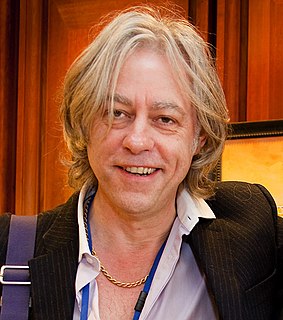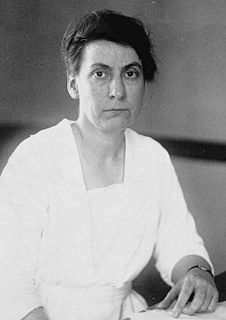A Quote by Abhijit Banerjee
It is absolute poverty that you could end, but I think relative poverty is a whole other issue.
Related Quotes
We're looking at the singular condition of poverty. All the other individual problems spring from that condition... doesn't matter if it's death, aid, trade, AIDS, famine, instability, governance, corruption or war. All of that is poverty. Our problem is that everybody tries to heal each of the individual aspects of poverty, not poverty itself.


































